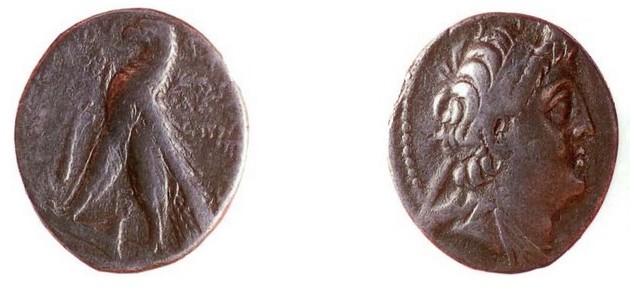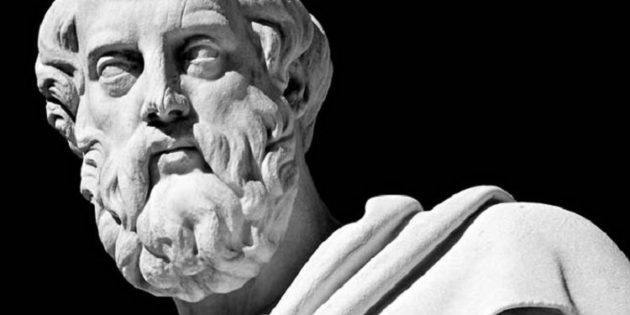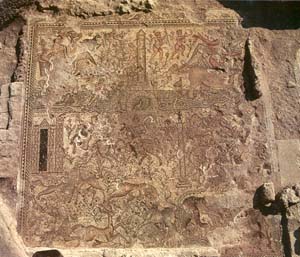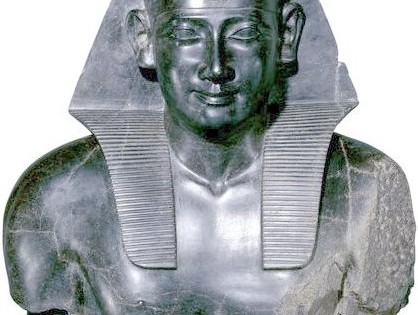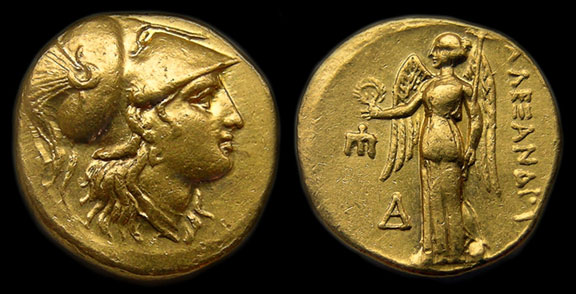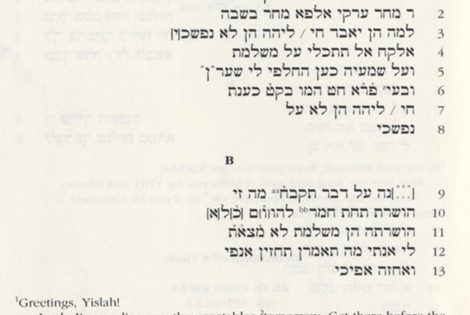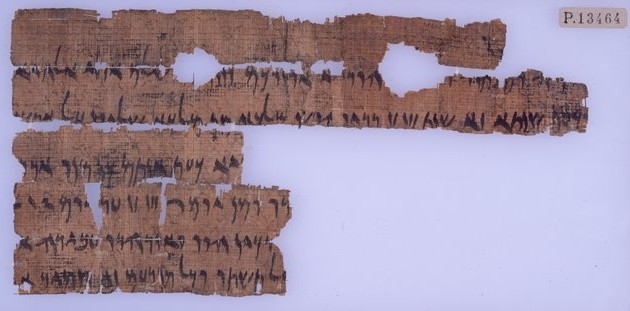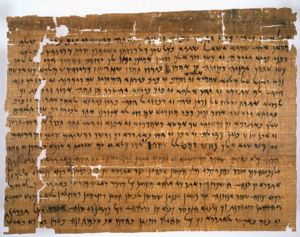Home » Presence in the Land » Jews in the Diaspora
Jews in the Diaspora
Hebrew Bible Text Translated into Greek Who had decided to translate the Torah into Greek, and why was the decision taken? Two doctrines are currently professed. The first being a royal among the proponents of a royal initiative. This thesis is founded on a Jewish legend, later adopted by the Christians, first attested in the […]
One of the main pillars which has been used to support an early dating the Letter of Aristeas is a passage of the Jewish philosopher Aristobulus, quoted in Eusebius concerning Plato. The passage reads as follows: Praeparatio Evangelica 13.12.2. It is evident that Plato (427–327 B.C.E) was a follower of our (e.g. Jewish) code of […]
Two documents concern synagogues in Egypt. Both date from the middle of the third century B.C.E. the first originated in Schedia, near Kafr ed-Dauwar, southeast of Alexandria. Schedia was an important customs post on the Nile; the Jewish settlement here may have had some relation to the river guard, which, according to Josephus (Against Apion […]
The Letter of Aristeas mentions 100,000 Jews who had been carried to Egypt (e.g. from Judaea) by King Ptolemy Soter in 320 B.C.E. as prisoners of war, but were liberated by his successor Ptolemy Philadelphus (e.g. in 312 B.C.E.) Source: Ben-Zvi, Itzhak. The Exiled and the Redeemed (p. 288); How the Septuagint Differs. Biblical Archaeology […]
Alexander the Great’s conquest of Egypt opened the floodgates of a new Jewish immigration to Egypt. According to Josephus, and to older accounts he ascribes to Hecataeus of Abdera, Jewish and Samaritan soldiers served in the ranks of Alexander’s armies, in Babylon as well as Egypt. In the Third Century BCE, there were no barriers […]
475 B.C.E. The First Extra-Biblical Reference to the Observance of the Sabbath! The Passover Papyrus from Elephantine, 419 BCE The Elephantine Temple, 407 BCE 332 B.C.E. Alexander the Great 320 B.C.E. Jewish Slaves 250 B.C.E. Synagogues in Egypt 250 B.C.E. Plato 250 B.C.E. Septuagint 250 B.C.E. The Septuagint and the Library of Alexandria May 11, 218 B.C.E. Jewish Divorce Third Century […]
Celebrating the Exodus in the Land of the Exodus “festival of the unleavened bread” Date- 419 BCE Current Location- Staatliche Museen zu Berlin, Berlin, Germany (P. 13464) Language and Script- Aramaic; alphabetic Biblical Verses- Exod. 12-15–20; 23-15; Lev. 23-6–7; Num. 28-17–18; 2 Kings 25-26 Seven days you shall eat unleavened bread; on the very first […]
A Temple to Israel’s God in Egypt Now our forefathers built this temple in the fortress of Elephantine back in the days of the kingdom of Egypt, and when Cambyses came to Egypt he found it built. They (the Persians) knocked down all the temples of the gods of Egypt, but no one did any […]
An extra-biblical reference to the observance of the Sabbath According to the Bible, the origin of the Sabbath is the creation of the world- “And God blessed the seventh day and declared it holy, because on it God ceased from all the work of creation that He had done.” (Genesis 2-3) The Bible proscribes observance […]

